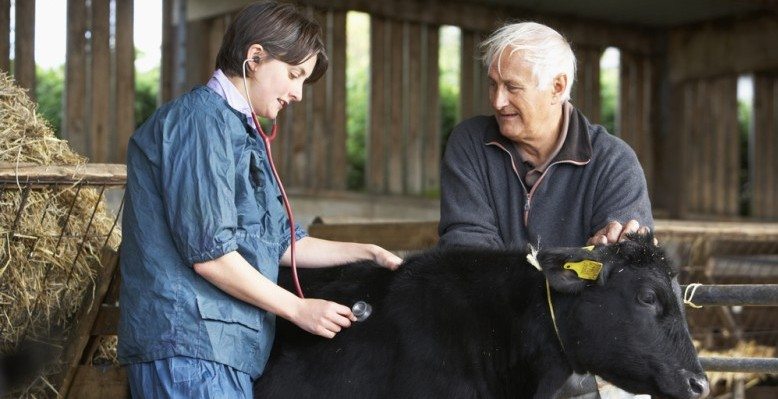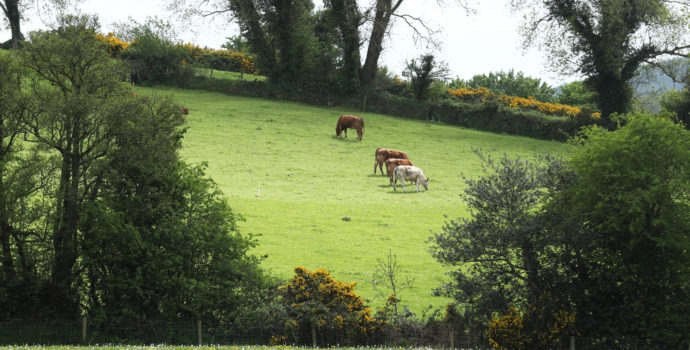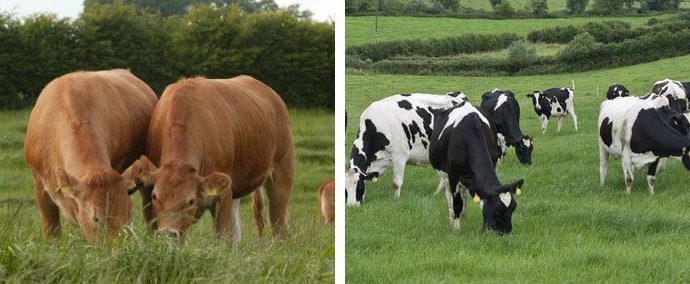Implementation of Veterinary Medicine Changes Require Further Discussion – IFA

IFA Animal Health Chairman TJ Maher said there is still a lot of work to be done in advance of the June deadline to maintain the competitive supply of veterinary medicines for famers and ensure the active involvement in the process of licensed merchants, co-ops and veterinary pharmacies.
He was speaking following the recent Antiparasitic Resistance Stakeholder meeting where he said very little progress has been made to-date to resolve the substantive issue of ensuring the continuation of a competitive supply chain for farmers.
“The Minister for Agriculture Charlie McConalogue has provided a window of opportunity by deferring implementation of this aspect of the new EU veterinary medicine regulations until June. Unless meaningful engagement takes place with key stakeholders to resolve the competitive supply concerns for antiparasitic products, this action will have been worthless,” he said.
Despite this group being in existence since June 2020, he said no tangible progress has been made in delivering on this critical issue for farmers, licensed merchants and veterinary pharmacies.
“All of the control is in the hands of one service provider who in turn will be provided with a significant advantage at the expense of licensed merchants, co-ops and veterinary pharmacies. This in turn reduces competition for farmers,” he said.
TJ Maher said the National Veterinary Prescribing System (NVPS) is primarily to deliver on the DAFM obligations in the New Regulation to gather data on Antimicrobial Usage and requires a significant amount of testing and enhancements, including the provision for prescribing based on active ingredients to maximise the opportunity for competitive purchasing of products. Farmer data concerns also exist with this new system.
In relation to the proposed TASAH funding that will be provided to vets for parasite control on farm visits, the IFA Animal Health Chairman said unless fundamental changes are made to the programme, there will only be one beneficiary and it will not be farmers.
The Animal Health Chairman said that farmers support targeted and more appropriated use of all medicines but a solution must be found to resolve the concerns around competitive supply.
TJ Maher said the Antiparasitic Resistance Stakeholder Group has failed to-date in delivering on its key function in relation to the new EU Veterinary medicines regulation. There is the opportunity to resolve this issue satisfactorily for all stakeholders but there needs to be a willingness from the Minister and his officials to facilitate this.




